I have a (hypothetical) question and I think the solution would be to dynamically generate code.
I want to quickly evaluate an arbitrary mathematical function that a user has entered, say to find the sum i=1 to N of i^3+2i^2+6i+1. N is arbitrary and i^3+2i^2+6i+1 is arbitrary too (it need not be a polynomial, and it might contain trigonometric functions and other functions too). Suppose N can be very large. I want to know how I can evaluate the answer quickly, assuming that I have already parsed the user input to some bytecode or something else my program can understand.
If possible, I would also like my code to be easily compiled and run on different operating systems (including mobile).
I have thought of a few ways:
1) Write an interpreter that interprets and executes each command in my bytecode. This makes me free to use any language, but it's slow.
2) Write in Java/C# and use the dynamic code generation (e.g. Is it possible to dynamically compile and execute C# code fragments?). This would execute as as fast as if I had written the function directly in my source code, with a only a slight slowdown as C#/Java are both JIT-compiled to machine code. The limitation is that Java isn't widely supported on mobile, and C# is Windows-only.
3) Embed an assembler/C++ compiler/compiler for whatever compiled language that I use. The limitation is that it won't work on mobile either - it won't let me execute a data file.
4) Write HTML/Javascript then embed it in a web browser control and put it in an application (I think this is the way some people use to make a universal app that would run anywhere). But it's slow too and writing real applications in Javascript is a pain.
Which option do you think is most suitable? Or perhaps I should go with a mix, maybe my application code will create and execute a generated Javascript function?
